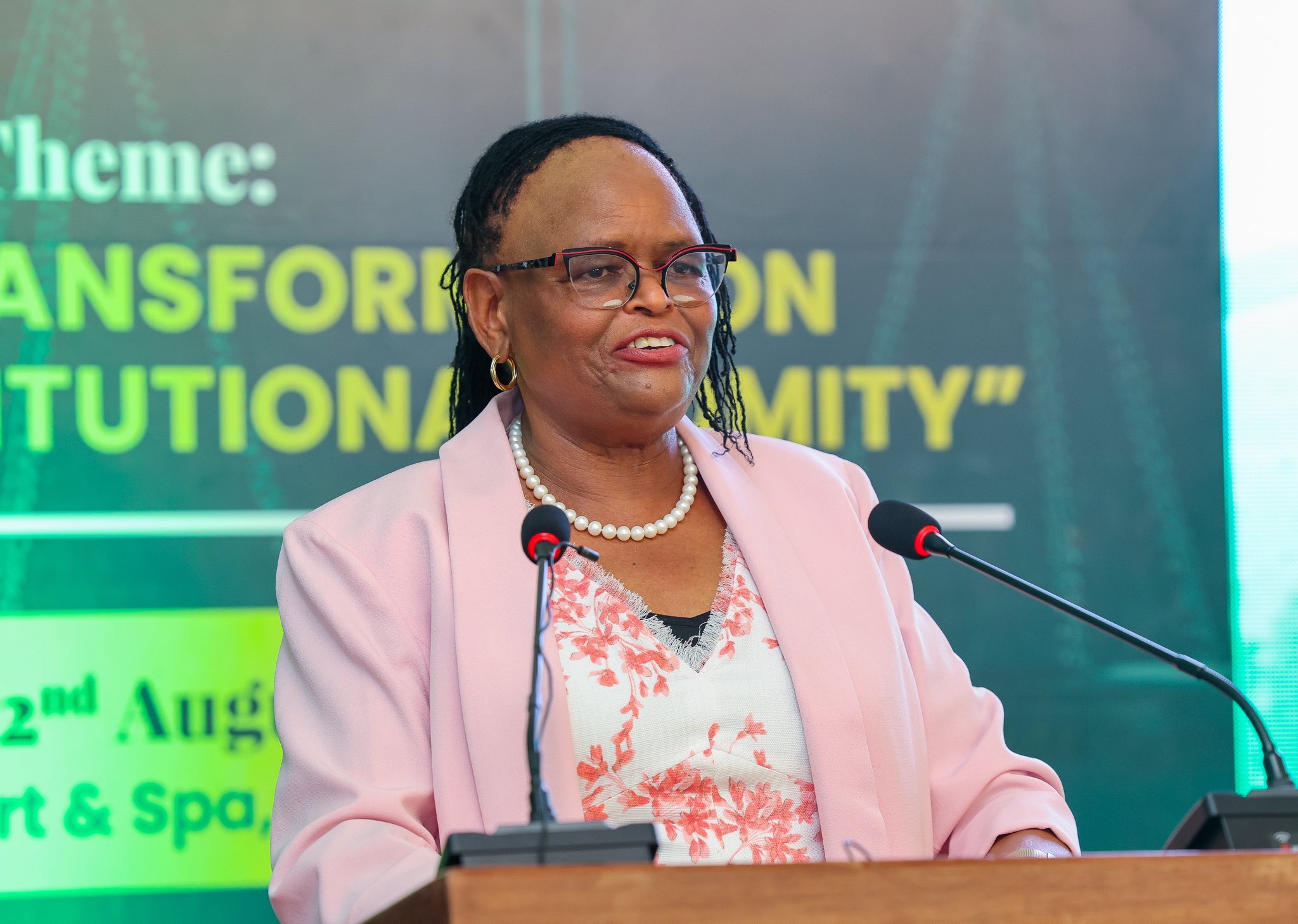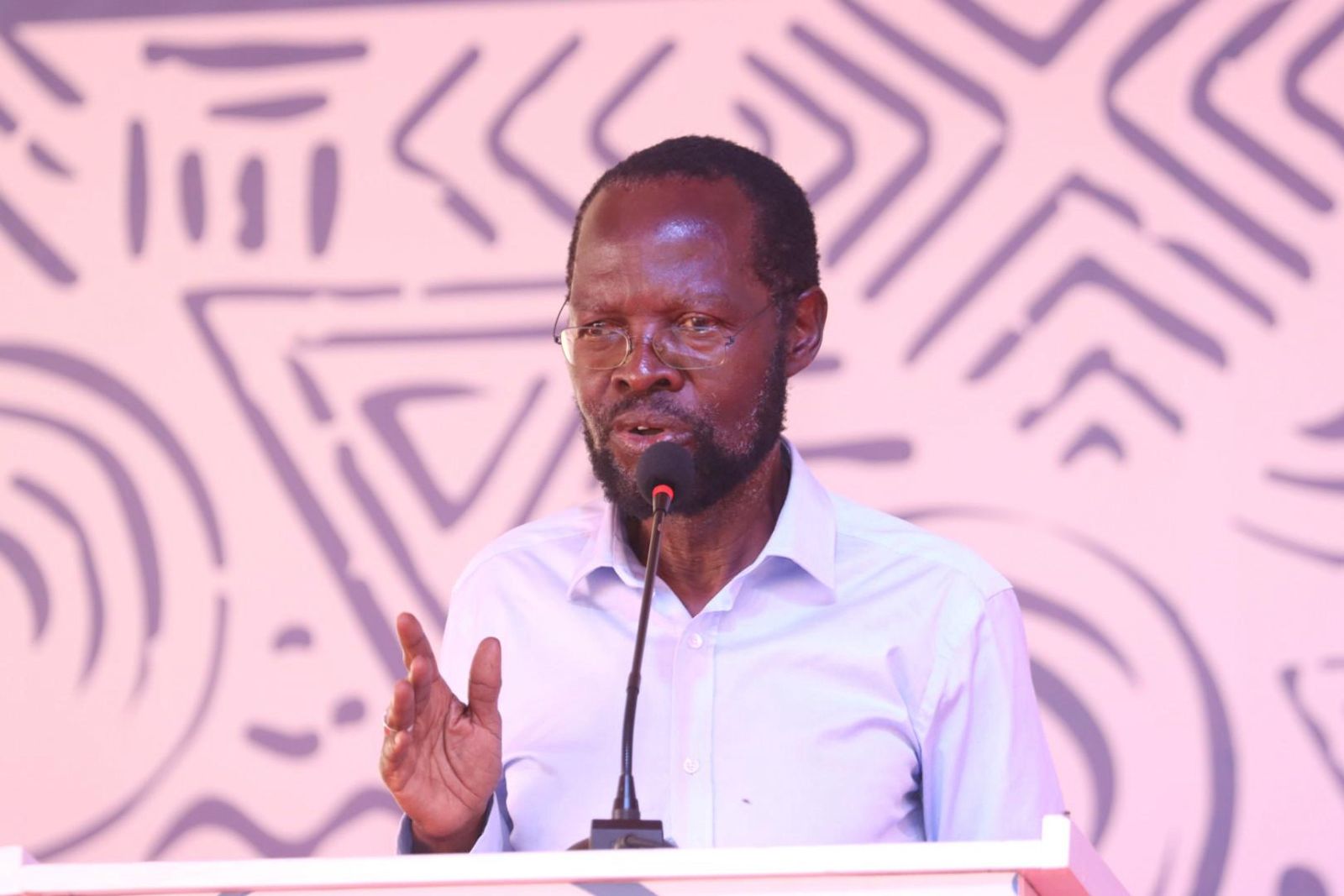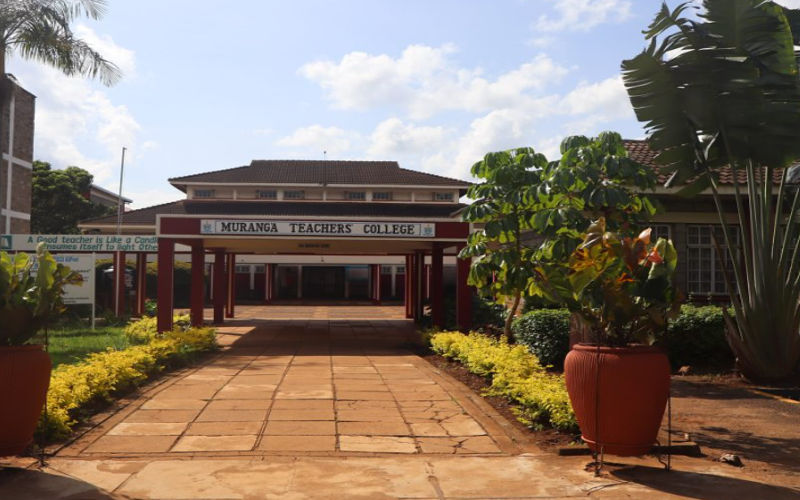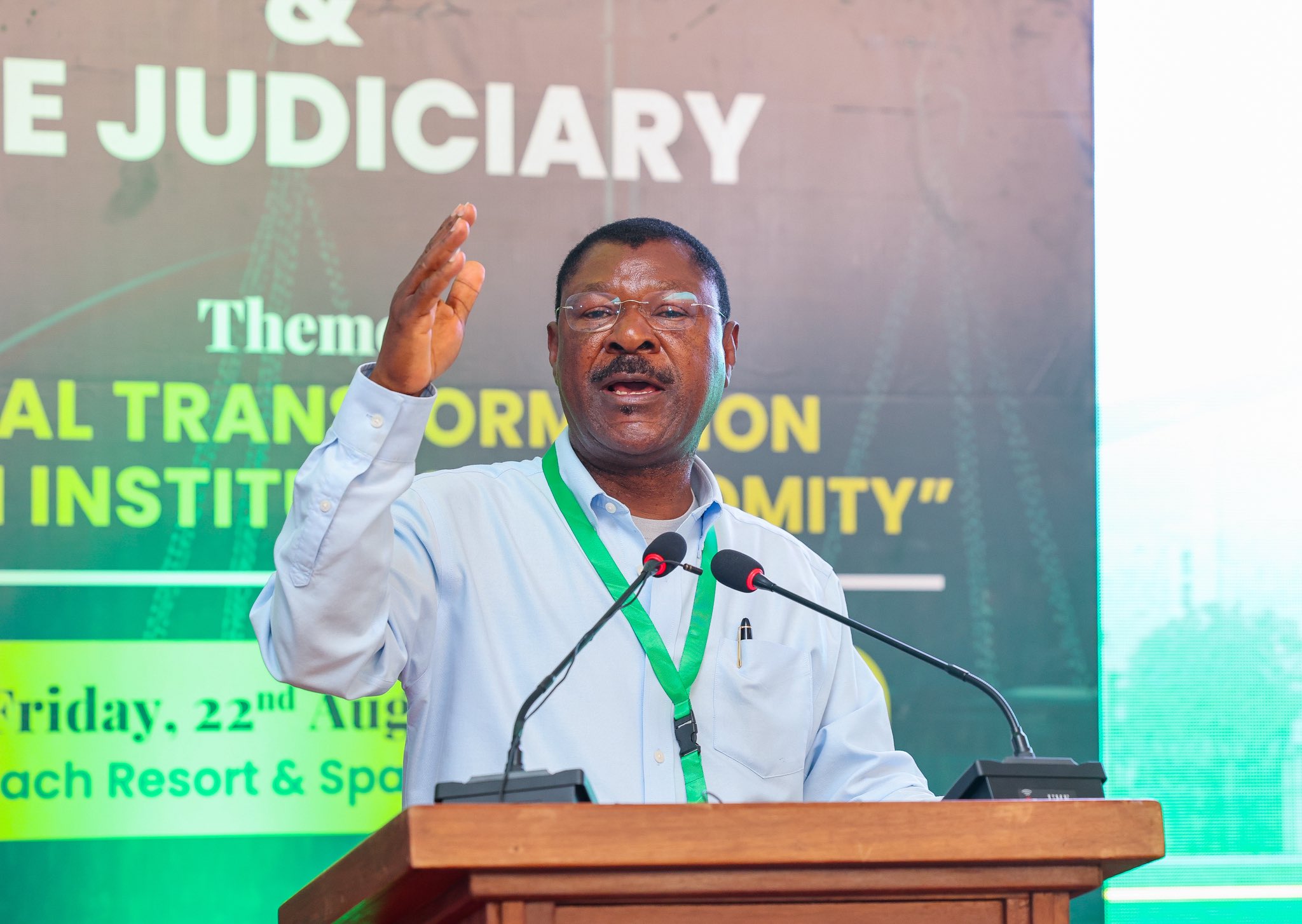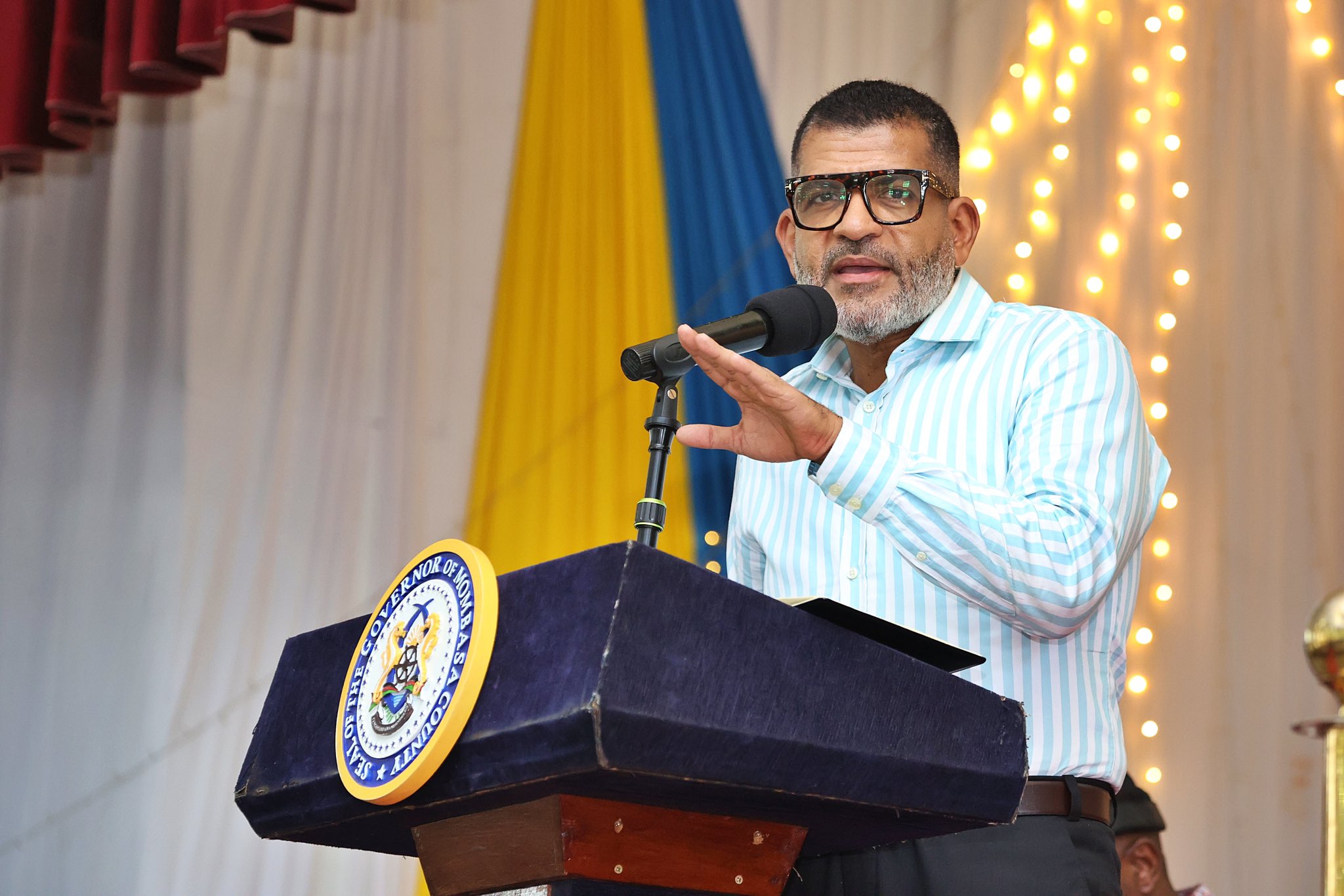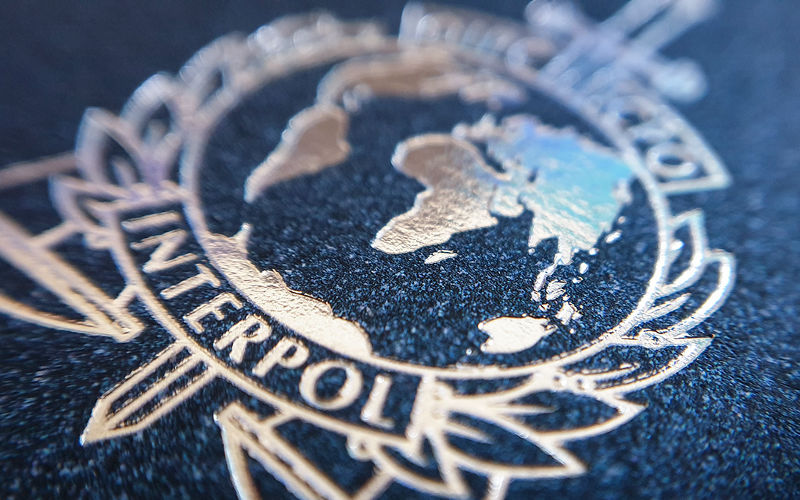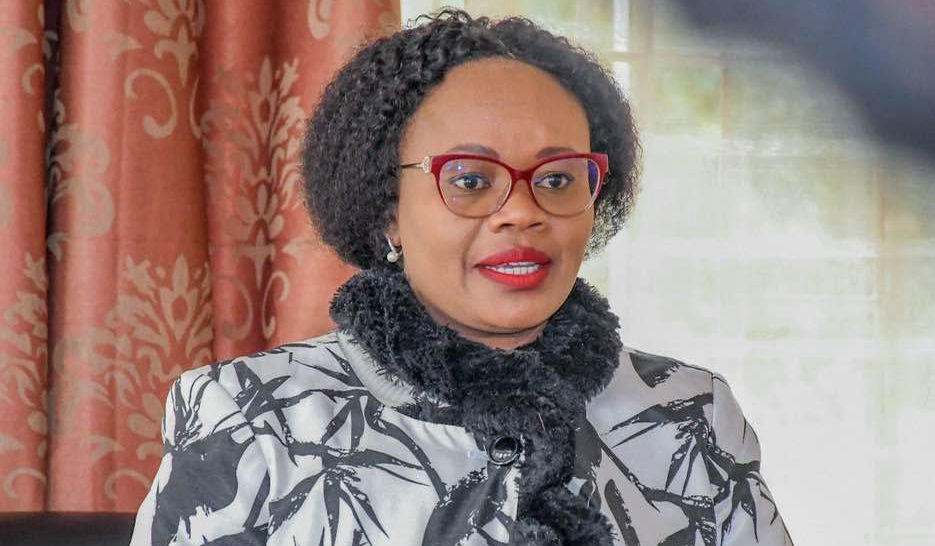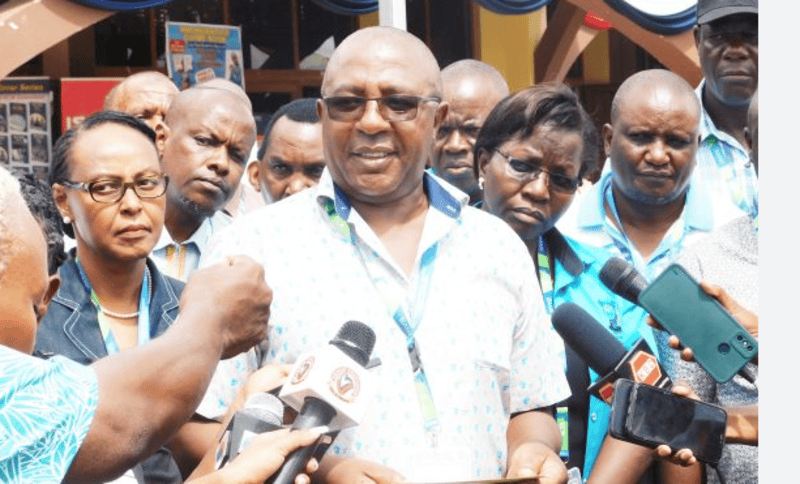Over 5,000 number plates ready for collection, NTSA says
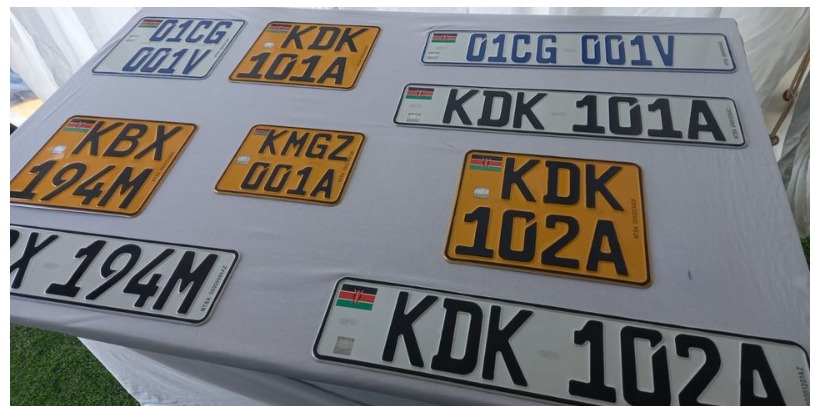
NTSA Director General George Njao reassured motor vehicle dealers and the public that the plate shortage, which had been affecting the industry for several months, has now been resolved.
Over 5,000 number plates have been dispatched and are now ready for collection, the National Transport and Safety Authority (NTSA) has said.
The announcement comes after the Kenya Auto Bazaar Association (KABA), which represents second-hand car dealers, criticised the authority for failing to release new plates since April, causing disruptions in the industry.
More To Read
- Poor roads, reckless drivers, unroadworthy vehicles blamed for deadly August crashes
- NTSA to conduct free school bus inspections in new campaign to curb accidents
- NTSA releases list of licensed vehicle body builders and assessors
- NTSA issues safety guidelines ahead of schools reopening
- Motorists Association cites negligence, corruption for spike in road deaths
- Kenya records 80 road crash deaths in four days as government launches safety audits
NTSA Board Chair Khatib Mwashetani, confirmed that a significant number of motor vehicle number plates have been delivered to the authority and are available for pick-up.
“Motorists who have received text notifications are encouraged to collect their plates from the offices where they initially applied,” he said.
NTSA Director General George Njao reassured motor vehicle dealers and the public that the plate shortage, which had been affecting the industry for several months, has now been resolved.
“The shortage that we experienced in the past few months has been fully addressed. We urge all clients to pick up their plates at the designated offices,” Njao said.
The shortage of number plates has become a pressing issue for second-hand car dealers, who have been struggling to register newly imported vehicles. The lack of plates led to a pile-up of vehicles at customs warehouses in Mombasa, with some dealers facing financial penalties due to delayed clearance.
“It has been over two weeks since the last batch of plates was released. The last series available went up to the 800 series, but there are still no plates for series K, L, M, N, and P,” KABA Secretary General Charles Munyori said.
Under Kenyan regulations, all imported vehicles must be fitted with number plates before being cleared from the port, which further compounds the issue for dealers and buyers alike.
Dealers have also faced penalties of up to Sh3,000 per day for delayed clearance of imported vehicles, adding to the financial strain. In the past, the Kenya Revenue Authority (KRA) had allowed vehicles to leave the port without number plates as a temporary solution.
The production of number plates is managed by Kamiti Maximum Prison, which has previously cited a shortage of raw materials as a key reason for the delays. Meanwhile, many sellers and buyers have had to resort to using Kenya Dealers (KD) number plates, which are only valid from 6 am to 6 pm. These KD plates are a temporary solution for vehicles awaiting permanent registration or insurance.
The plate shortage first emerged in August of the previous year and persisted for nearly a month before NTSA took full action to resolve the issue.
Currently, number plates range in price from Sh2,050 for standard plates to Sh30,000 for special plates, with customised plates costing up to Sh1 million. The shortage of plates comes just months after the NTSA’s systems migrated to the eCitizen portal, which also disrupted vehicle registration and transfers.
The NTSA’s efforts to resolve the current plate shortage may help ease some of the challenges faced by the second-hand car industry, which is still recovering from the impacts of the COVID-19 pandemic and the recent dollar shortage.
Meanwhile, the NTSA and the Office of the Director of Public Prosecutions (ODPP) have strengthened their collaboration to enhance road safety and the enforcement of traffic laws.
The two institutions have been discussing measures to address the rise in traffic violations and road accidents, which have led to a significant increase in fatalities and injuries.
On Thursday, Mwashetani met with DPP Renson Ingonga to discuss strategies for improving the effectiveness of traffic law enforcement. The two bodies agreed to enhance information-sharing frameworks and capacity-building programs for officers, as well as invest in digital tools to improve investigations and prosecution of traffic offenses.
“We are committed to working together to reduce road carnage and improve accountability on our roads,” Ingonga said.
The collaboration aims to tackle operational challenges and streamline the prosecution of traffic offenses, with a focus on improving the training of officers and utilising modern technology to support enforcement efforts.
Top Stories Today
